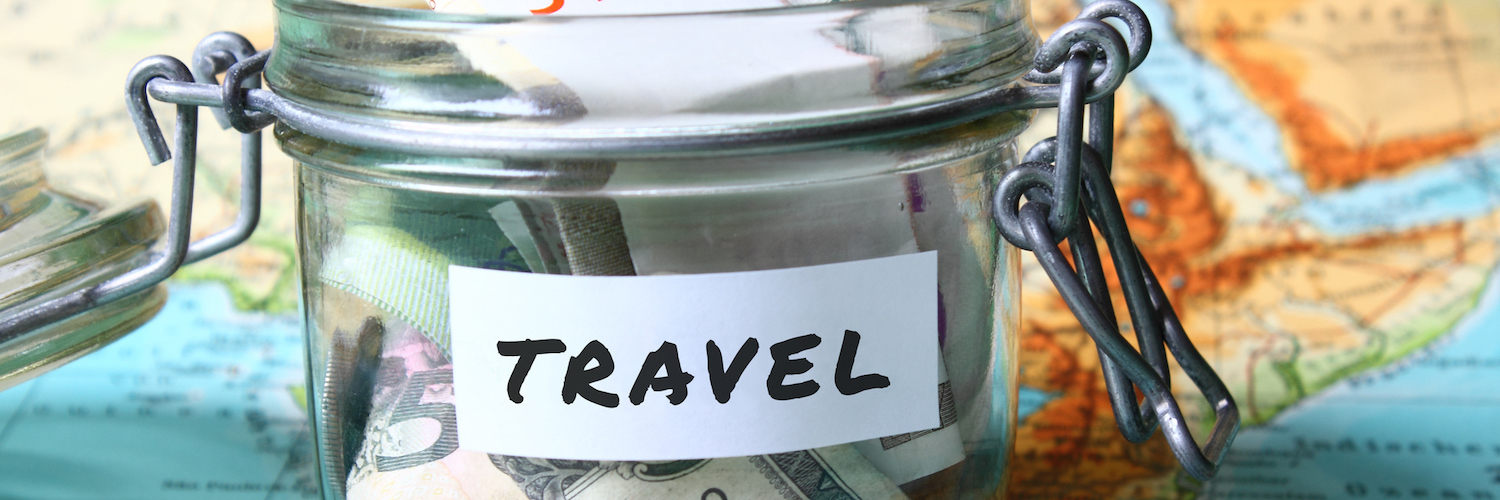Traveling with chronic illnesses can be hard and full of road blocks. These things can often prevent us from going out and having fun. To start getting comfortable with traveling, one option is to start with day trips close to home. A day trip is typically a trip where you leave in the morning, travel for a while, reach your destination and have fun and then travel home again. This set-up can be good for spoonies because there’s no staying overnight and less time spent on the road. But there can still be issues arising from this option, so the goal of this list is to help smooth out the issues so others with chronic illness can also enjoy getting out of the house.
1. Research: Find the website for the place you’re going and take a look around it. Try to see if it’s one floor or multiple floors, if it’s stairs or elevators or ramps, what kind of terrain, when it’s most popular and how many people go there. Click on all the links and see if you can find their accessibility/accommodations page. Some places will have services available or have wheelchairs for use. See if there’s a restaurant there. Find out how long it will take to get there and back. Look at reviews of the place and see what people think of it. Then look at any other thing that could interest you and your trip.
2. Plan: Planning can make a big difference. For me, planning helps calm my anxiety and gives me a solid foundation to set the trip on. Planning falls after I have done solid research. To plan, I take what I’ve learned and make it into a schedule. Remember that even the best planned schedule can change, so regard it as a loose guideline and not the law. If you regard it as set in stone, it could bring about anxiety and upset if something goes wrong.
Another thing to include in planning is the weather and what type of clothing to wear to avoid being uncomfortable and hot/cold away from your house.
3. Medical Supplies: Medical supplies can include medication, equipment, and mobility aids. Using the plan you made earlier can help you figure out what you can leave and what you can take. Taking the departure time from your plan shows the time you need to start having things packed; the return time is when you stop planning.
Let’s say I’m leaving at 10 a.m. and planning on being home at 8 p.m. And let’s say I take medication five times a day, starting at 8 a.m. and ending at 9 p.m. I could also have treatments and evaluations I need to do throughout the day. And let’s say I also have as-needed medication I could possibly need. This means I should pack the equipment and medication that falls between 10 a.m. and 8 p.m., but because my last medication is at 9 p.m., I should also bring that medication as well, just in case I don’t get home on time. I should also bring all my as-needed medication. My motto regarding this is: it’s better to have it and not need it than to need it and not have it.
Lastly in this topic is mobility aids. This is a reason why research is so important. By researching, you can learn what the place is like for accessibility and what type of mobility aid you need to bring if you have multiple ones like I did. And if you don’t have a mobility aid but will need one, research can show if you can rent or borrow a wheelchair at the place.
4. Mental Health: Your mental health is just as important as your physical health, and trips can be stressful. One option is to bring some calming things to keep you from getting overstimulated.
Some things I bring are: headphones/music, earplugs, a soft blanket, a book, and some type of fidget toy. Of course, you don’t need to bring these things, just whatever would make you comfortable.
5. Food and Drinks: Keeping water and snacks with you during a trip is a great idea. Being hungry or thirsty can create headaches and a worsening of symptoms, and that tends to make people cranky, and it’s hard to enjoy ourselves when we’re cranky. Also back-up food can be good to have if you have stomach issues and cannot eat what is at the place.
6. Support System: The difference between having the time of your life and a stressful, upsetting time can sometimes be who you have the experience with. Go with supportive, understanding people who will know how to help you if you need something and who will work with you.
7. Canceling: Know you can cancel if you don’t feel good, and know that having to go home halfway is OK. Being able to have a way out and not being pressured into staying the whole time if I feel like crap helps me feel better.
Editor’s note: Please consult a doctor for any questions or concerns you have regarding your health and traveling.
We want to hear your story. Become a Mighty contributor here.
Thinkstock image by MissTuni

